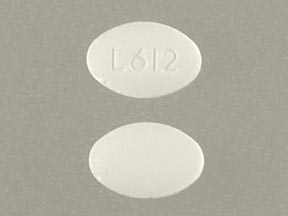Loratadine Disease Interactions
There is 1 disease interaction with loratadine.
Loratadine (applies to loratadine) renal/liver disease
Moderate Potential Hazard, High plausibility. Applicable conditions: Renal Dysfunction
Loratadine is primarily converted by the liver to an active metabolite, and both parent drug and metabolite are excreted in the urine. Patients with renal and/or liver disease may be at greater risk for adverse effects from loratadine due to drug and metabolite accumulation. The manufacturer recommends one-half the regular dosage initially in patients with liver failure or decreased renal function (GFR < 30 mL/min). Due to the differential effects of hepatic impairment on the serum half-life and clearance of loratadine and pseudoephedrine, the use of products containing a fixed combination of these drugs is not recommended in the presence of liver failure.
Switch to professional interaction data
Loratadine drug interactions
There are 113 drug interactions with loratadine.
Loratadine alcohol/food interactions
There is 1 alcohol/food interaction with loratadine.
More about loratadine
- loratadine consumer information
- Check interactions
- Compare alternatives
- Pricing & coupons
- Reviews (142)
- Drug images
- Side effects
- Dosage information
- Patient tips
- During pregnancy
- Support group
- Drug class: antihistamines
- Breastfeeding
- En español
Related treatment guides
Drug Interaction Classification
| Highly clinically significant. Avoid combinations; the risk of the interaction outweighs the benefit. | |
| Moderately clinically significant. Usually avoid combinations; use it only under special circumstances. | |
| Minimally clinically significant. Minimize risk; assess risk and consider an alternative drug, take steps to circumvent the interaction risk and/or institute a monitoring plan. | |
| No interaction information available. |
See also:
Further information
Always consult your healthcare provider to ensure the information displayed on this page applies to your personal circumstances.


